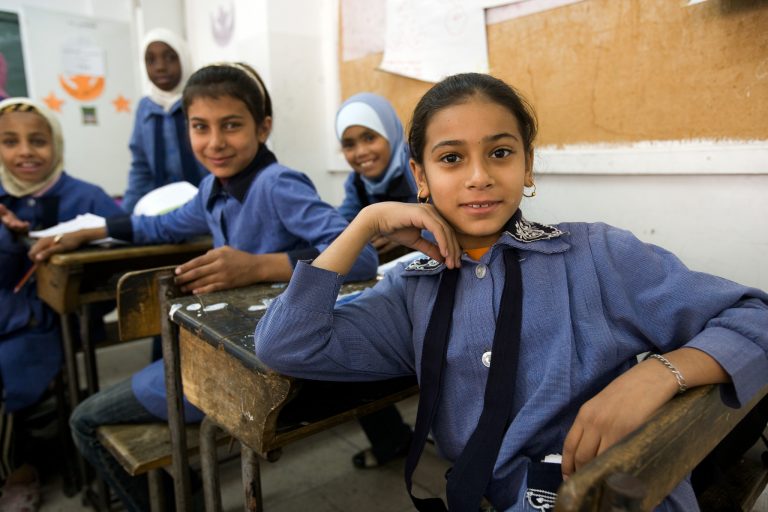LEBANON ROCS
RECOVERY OVER COVID SUPPORT#STOP THE WAR 1812
OBJECTIVE:
18/12/2023: Armistice – cessation of hostilities
Democratic voting online. Russian-UN supervision for disputed areas.
18/12/2024: Stop War officially.
Join the voice with Tchaikovsky – retweet, retweet from Dec 18 at 18:12pm. Let it be heard globally. Support the courageous 44 Russian chess masters.
44 Top Russian Players Write an Open Letter to Putin, Demanding “Stop the War”
Top Russian chess players released an open letter to Vladimir Putin, the president of the Russian Federation, in which they firmly opposed the war in Ukraine and showed support for the Ukrainian people.
GM Ian Nepomniachtchi, the most recent challenger for the world title, GM Alexandra Kosteniuk, the 12th Women’s World Champion and Director of ChesscomRU, GM Peter Svidler, an eight-time Russian champion, GM Andrey Esipenko, GM Daniil Dubov, and many others are among the signees.
The five Russian players who are currently competing in the FIDE Grand Prix in Belgrade are not included on the list of signees, while FIDE General Director GM Emil Sutovsky stated on Twitter that it is likely because to technical difficulties that Grand Prix players were unable to sign.
Particularly GM Alexander Grischuk and GM Nikita Vitiugov, the current Russian Champion, have previously expressed their adamant opposition to the conflict, with Grischuk making his remarks during a news conference after game one and Vitiugov making his on Twitter.
Unsurprisingly absent from the list of signatories is GM Sergey Karjakin, a current contender and previous World Championship 2016 Challenger, whose pro-war remarks prompted FIDE to launch an ethics investigation into his actions.
The Duma, the lower house of the Russian government, is also missing, as is former world champion GM Anatoly Karpov, who voted to recognize the independence of the Donetsk and Luhansk People’s Republics.
Karpov and the other members who cast the same votes have received criticism from the EU.
Russian chess players’ letter to the Russian Federation’s president.
“We are against any military action on the territory of Ukraine and call for an immediate ceasefire and a peaceful decision to the conflict through the path of dialogue and diplomatic negotiations. For us, it is unbearably painful to see the catastrophe that is happening these days with our people.
“We’ve played for Russia in individual and, which is a special honor, team competitions. We are sure that chess and sports in general should unite people. Our country has done its best to organize the most complex and prestigious international events even on the peak of the pandemic.
“Chess teaches you to be responsible for your actions; each move is meaningful and a mistake can bring you to a fatal point of no return. This used to be a sport, but now the human lives, human rights and freedoms, human dignity, the present and the future of our countries are at stake.
“During these tragic days we are thinking of all the people caught in the midst of this frightful conflict. We share the pain of our Ukrainian colleagues and call for peace.”
We demand peace and sympathize with our Ukrainian colleagues’ suffering.
“The Ukrainian chess team is the reigning European team champion and one of the strongest teams in the world, like ours. We’ve played tens of matches and hundreds of games. For us, fair competition has always been above politics, and the Ukrainians shared this feeling. We beg you to preserve the chance for mutual respect among the teams, players and people from both countries.
“We support peace. Stop the war.”
LIST OF SIGNEES:
- GM Ian Nepomniachtchi
- GM Alexandra Kosteniuk
- GM Daniil Dubov
- GM Peter Svidler
- GM Andrey Esipenko
- GM Maxim Matlakov
- GM Kirill Alekseenko
- GM Alexander Motylev
- GM Mikhail Kobalia
- WGM Anna Burtasova
- Denis Grigoriev
- CM Ilya Gorodetskiy
- Oleg Pervakov
- GM Evgeny Najer
- GM Pavel Tregubov
- GM Anton Demchenko
- GM Alexander Khalifman
- GM Valentina Gunina
- IM Polina Shuvalova
- IM Alina Kashlinskaya
- GM Igor Lysyj
- GM Dmitry Kryakvin
- GM Ildar Khairullin
- GM Artur Gabrielian
- GM Nikita Petrov
- GM Evgeny Gleizerov
- FM Artem Odegov
- IM Konstantin Mesropov
- Mark Glukhovsky
- IM Maksim Notkin
- GM Maksim Chigaev
- FM Anastasia Chigaeva
- GM Olga Badelko
- GM Pavel Ponkratov
- GM Alexandr Shimanov
- GM Igor Berdichvsky
- GM Ivan Rozum
- WIM Svetlana Ershova
- IM Evgeny Egorov
- GM Daniil Yuffa
- Anna Volkova
- WFM Eteri Kublashvili
- Yana Sidorchuk

Image: BORGEN Magazine
Children are increasingly at risk in crisis-torn Lebanon.
As Lebanon grapples with multiple crises – an economic meltdown, COVID-19, the aftermath of the 2020 Beirut port explosion, and a ravaged health system – the lives of the country’s children are increasingly jeopardized.
UNICEF reports this year that families in Lebanon are struggling to cope amid rising poverty and spiraling inflation, adversely affected by Russia’s war on Ukraine, which has sent global prices soaring.
Global fuel price increases, combined with Lebanon’s failure to adequately import certain raw materials, including wheat, have resulted in even inflated prices.
Despite this, observers say that child labor in Lebanon has reached scandalous proportions, with few workplaces – shops, bakeries, garages, and agricultural enterprises – not employing a child under the age of 15.
Children are among those people most affected by the economic conditions and the consequences of the port explosion
Child laborers, for their part, revealed that their families’ economic circumstances had forced them to find employment, even if it meant giving up their education.
In order to meet household expenses, some families have forced their sons to find employment or have granted approval for their innocent daughters to marry.
Children are suffering the consequences of Lebanon’s various crises, considering the country’s prolonged inability to protect them and meet their needs with the services they require.
Due to food and healthcare constraints, half of Lebanese children now require support, according to recent data.
Save the Children issued a warning following the release of fresh data, stating that half of Lebanese children, or approximately 700,000, are currently in need of humanitarian assistance, with many at risk of hunger as the war in Ukraine threatens to exacerbate a national food crisis.
More than 2 million Lebanese citizens, or 57% of the country’s population, are currently living in vulnerable circumstances, with three out of every four homes, or 77%, lacking the resources to buy food.
1.8 million refugees and migrants already reside in Lebanon, including 700,000 Syrian refugee children who already endure appalling conditions. Nearly 99% of Syrian households lack the funds to buy food.
The food crisis in Lebanon, which began in autumn 2019 as the nation descended into one of the greatest financial crises in modern history, has worsened as a result of the situation in Ukraine.
Food costs have increased further since the war began on February 24 as 95% of Lebanon’s wheat is imported from Russia and Ukraine, which has caused a 396% increase in the price of food in a year. In the last six weeks, the price of bread has increased by 38%. Sugar and sunflower oil prices have increased by 72% and 88%, respectively.
Food price increases will probably worsen Lebanon’s nutritional and health needs. With more than 200,000 children already suffering from malnutrition and 7% of all children stunted, a sign of chronic malnutrition, children in Lebanon will continue to bear the burden of the country’s escalating poverty crisis if immediate action is not taken.
Since the fall of 2019, Lebanon’s currency has lost more than 90% of its value, and as a result, the country’s basic services have all but collapsed. As a result, there are significant shortages of food, medication, water, and energy as well as ongoing strikes by government employees and teachers.
Closures of COVID-19 schools and Lebanon’s economic collapse have caused desperate families to send their kids to work. The UN estimates that 334,000 children currently require services connected to child protection.
ABOUT LEBANON ROCS
RECOVERY OVER COVID SUPPORT
LEBANON ROCS (Recovery Over Covid Support) is a brilliant economic stimulus initiative to assist the Lebanon economy recover from the effects of Covid.
It’s an initiative undertaken by the youngest generation, Gen3M.
